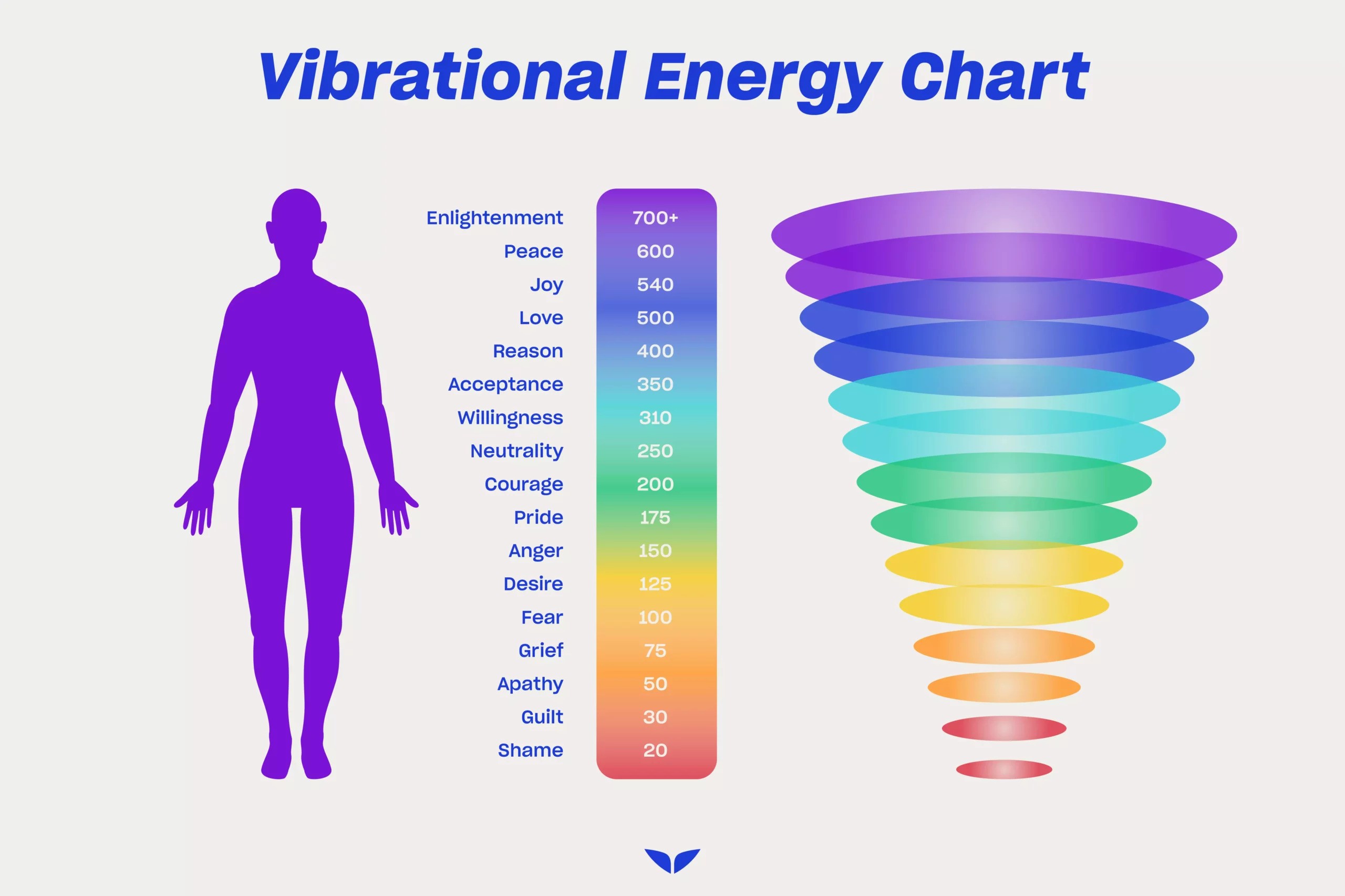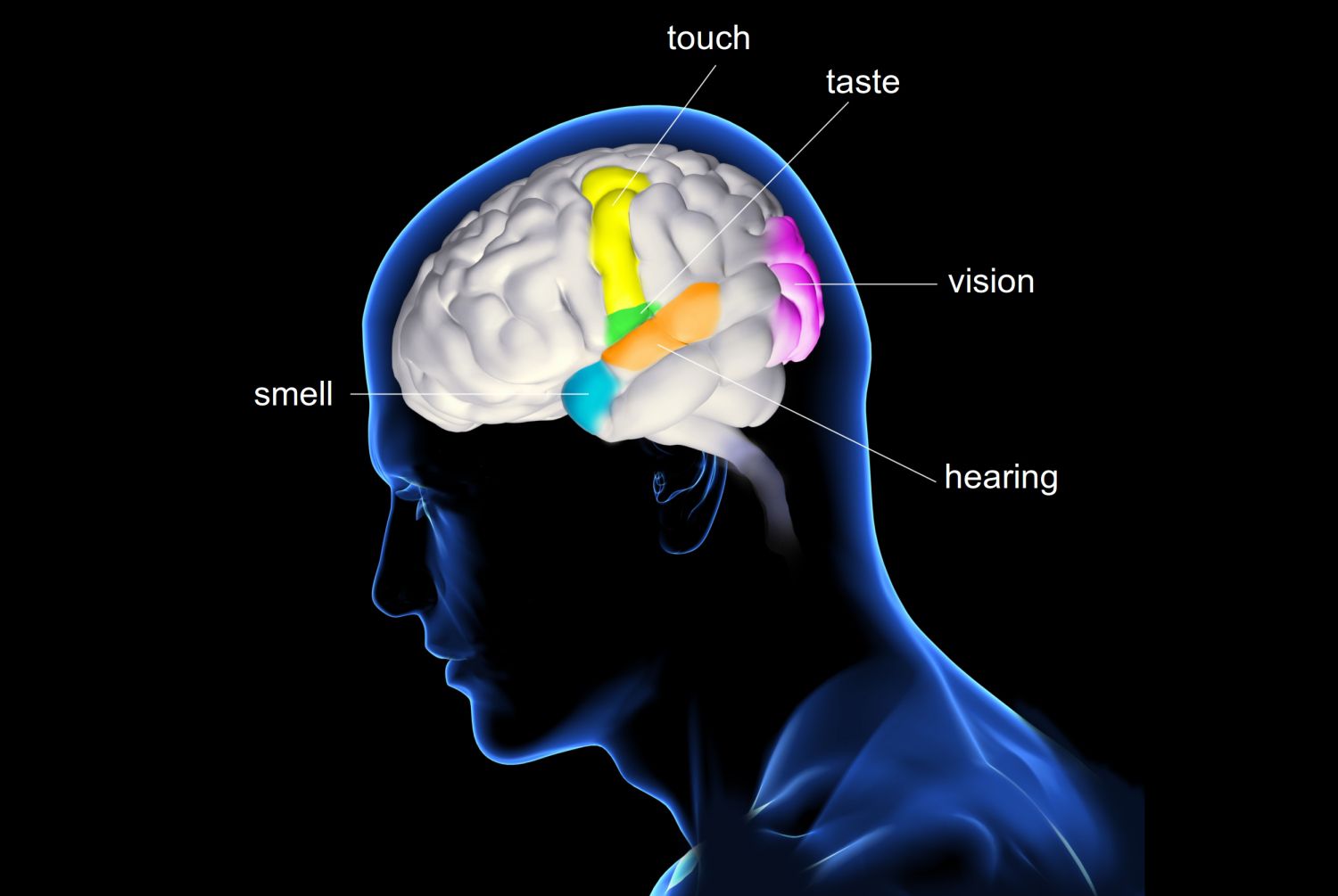Burn Out From Job: Symptoms and Treatment
It appears that a growing number of people are being burned out at work. Burnout, which is defined as an overpowering sense of mental and physical tiredness, can affect even those who enjoy their professions. Companies are stating that they are experiencing a staff burnout crisis as a result of the situation.
We appear to be all fatigued as economic constraints rise, jeopardizing our social requirements and the leisure we all crave.
Workplace burnout is real, and it only grew worse during Covid. More than half of workers said they were burned out in a study conducted by the careers site Indeed in the spring, with more than two-thirds indicating the feeling had become worse throughout the year.
The good news is that it is being taken more seriously in the workplace. While Sweden is the only country to define burnout as an illness, the World Health Organization added burnout to its list of occupational hazards in 2019. Although research shows that burnout is caused by more than just a high workload, companies such as Nike and Bumble, have lately provided office workers more time off to assist their mental health and address the issue of burnout.
Burn Out From Job: Symptoms
Burnout isn't a diagnosable mental illness, but that doesn't mean it shouldn't be treated as such.
Here are some of the most prevalent burnout symptoms:
- Distancing yourself from work-related activities: Burnout causes people to see their occupations as becoming increasingly demanding and irritating. They could become pessimistic about their working environment and coworkers. They may also become emotionally detached from their profession and become numb to it.
- Physical symptoms: Chronic stress can cause physical problems such as headaches, stomachaches, and digestive problems.
- Emotional exhaustion: Burnout makes people feel exhausted, drained, and unable to cope. They frequently lack the energy to complete their tasks.
- Burnout primarily affects day-to-day responsibilities at work—or at home when someone's primary job entails caring for family members. People that are burnt out have a bad attitude about their work. They have trouble concentrating and are frequently lacking in inventiveness.
The key to properly managing burnout, like any other condition, is to recognize early signs and treat them as soon as possible. Burnout does not happen overnight.
Burn Out From Job: 5 stages of burnout

Winona State University divides burnout into five stages in their occupational burnout research:
Honeymoon stage
You're delighted with the work you're doing and the way you're doing it. You're feeling inspired, energized, and alive. Because you're so enthusiastic about your new venture, you don't mind skipping lunch or working late.
Unfortunately, the honeymoon period in new employment does not last indefinitely. This is when we begin to form patterns that will be tough to break later on. We can extend this period by maintaining healthy habits before we feel compelled to do so.
Balancing act
The situation is excellent, but the job has lost its allure. There are bright days and bad days in your life. You may find that, even if you can maintain your work performance, it is draining you more. Due to the advent of stress, you may begin to forget things or find yourself unable to sleep.
Chronic stress symptoms
You're stressed and uneasy most of the time. You become irritated when people make requests of you, whether at home or elsewhere. You could be tired, apathetic, or reliant on caffeine to get through the day. You may be sad, cynical, or skeptical that things will improve.
Burnout
You begin to experience burnout's mental, emotional, and physical symptoms. You might begin skipping work, procrastinating, or failing to meet deadlines. You consider quitting, fleeing, or anything else to get out of your predicament.
Enmeshment
Burnout has become your new default setting, you might not be able to recall a period when you didn't feel this way. Before you realize burnout as the underlying reason, you may be diagnosed with anxiety or depression.
Burn Out From Job: Treatment
Although the term "burnout" implies that it is a permanent state, it is not. If you're feeling burned out, you may need to make some modifications to your work environment.
If they are invested in building a healthier work environment, approaching the human resource department or talking to a supervisor about the difficulties could be beneficial.
To put a stop to burnout, a change in position or new work may be required in some circumstances.
It can also be beneficial to develop clear stress management practices. Self-care practices such as eating a nutritious diet, exercising regularly, and sleeping well can help mitigate some of the negative impacts of high-stress work.
A vacation may provide some temporary relaxation, but a week away from work will not be enough to help you overcome burnout. Breaks from work on a regular basis, as well as daily rejuvenation activities, might help you avoid burnout.
Here are 9 tips to try out for yourself:
Mindfulness
The act of focusing on your breath flow and being acutely aware of what you're sensing and feeling at any given time, without interpretation or judgment, is known as mindfulness. In the workplace, this strategy entails approaching circumstances with openness, patience, and a lack of judgment.
Take some time off
Detaching yourself from your work environment for a period of time is one of the only methods to properly heal. Taking a vacation may be the thing that rescues your career and restores you to rock-star status.
Work within your means and ability. Even if we don't all get a two-week paid vacation, most well-established enterprises and businesses offer some form of time off to their employees. Because knowledge is power, conduct some study to learn more. The greatest resources for this are employee handbooks and HR.
First and foremost, choose this approach to keep your expenses paid while recalibrating and reenergizing yourself.
Acknowledge that you are burnt out
You must first admit that you have reached a point of burnout. Mental and physical tiredness caused by frequent strains and stresses in your life is some major signs. You may be burned out if you feel fatigued and unable to perform chores, and if you believe your life-force battery is dangerously low. You don't feel refreshed after a long night's sleep, which is a symptom of burnout.
Don’t be afraid to say no
Do you ever feel compelled to say "yes" all of the time because you're frightened of saying no? Perhaps you're terrified of looking like you don't know what you're doing, or of coming across as unpleasant or unprofessional. In either case, saying no when necessary has significant psychological benefits.
It's true that saying no is difficult, especially when it's to a boss or coworker. But it's even tougher to say yes only to be unable to accomplish the job to your full potential or to jeopardize your health and well-being in the process, resulting in burnout.
Organize your desk
This may be contradictory because it appears to be an additional work-related task, but it will actually help you work more successfully and with less stress in the long term.
Try to set aside an hour during your vacation to organize your desk and paperwork. Choose a day when you can remain an extra hour at work to organize your workspace if you work in an office. It's been proven that having a well-organized desk boosts productivity, and feelings of productivity prevent burnout. Clutter has also been linked to elevated cortisol levels, according to research. The stress hormone is cortisol, and we could all use a little less of it.



